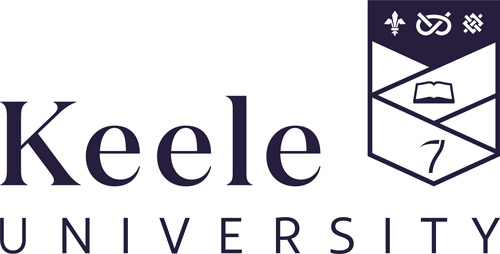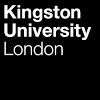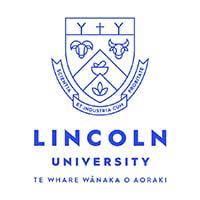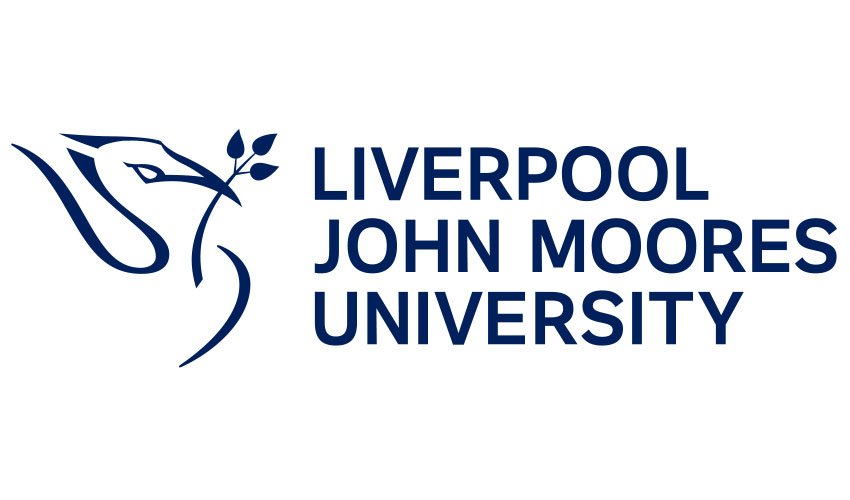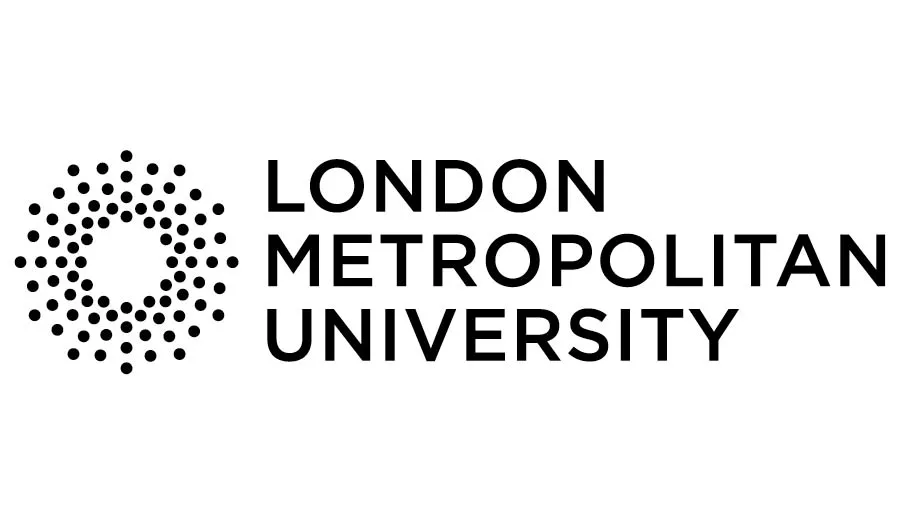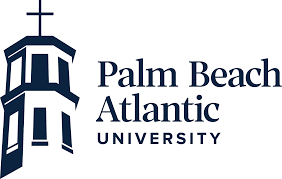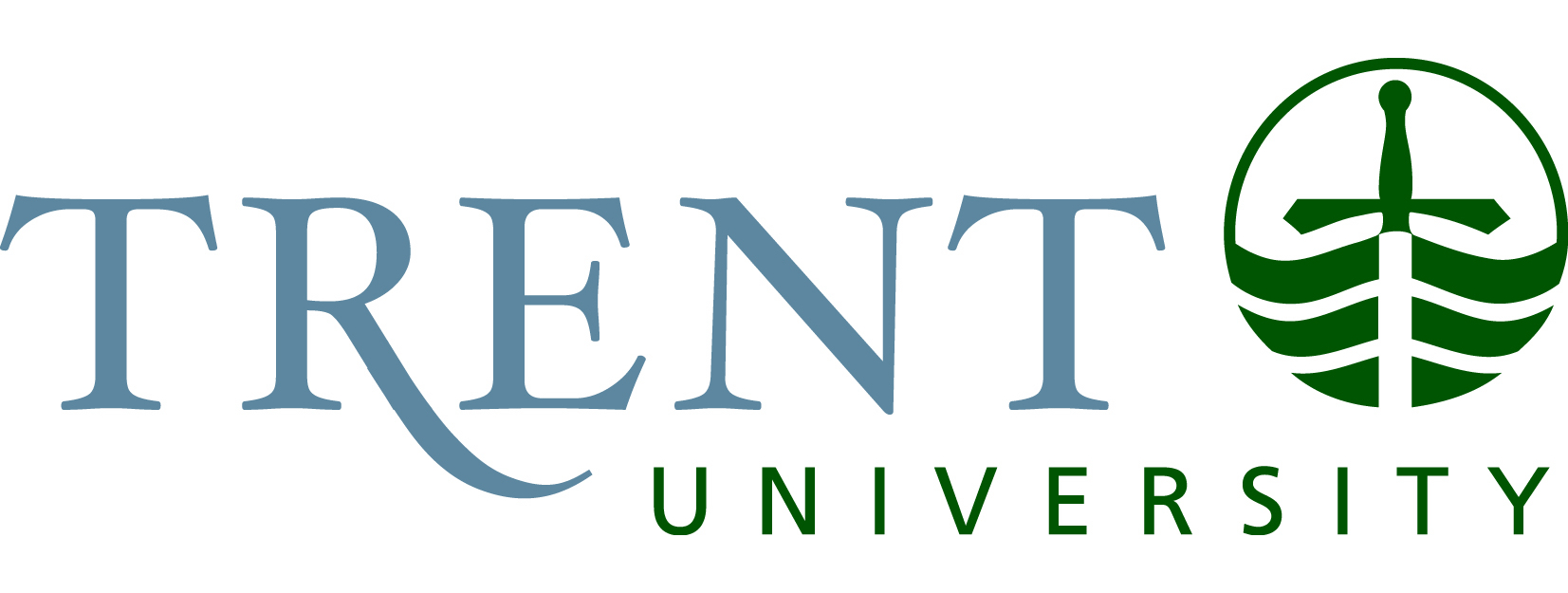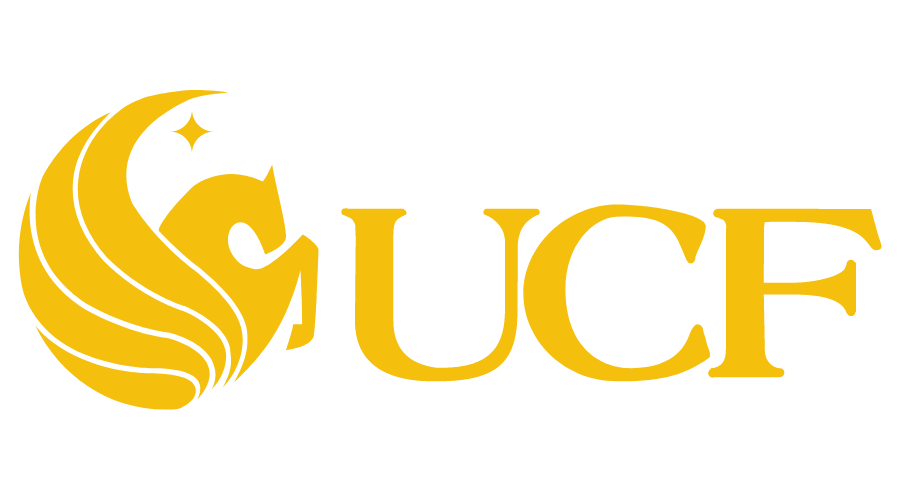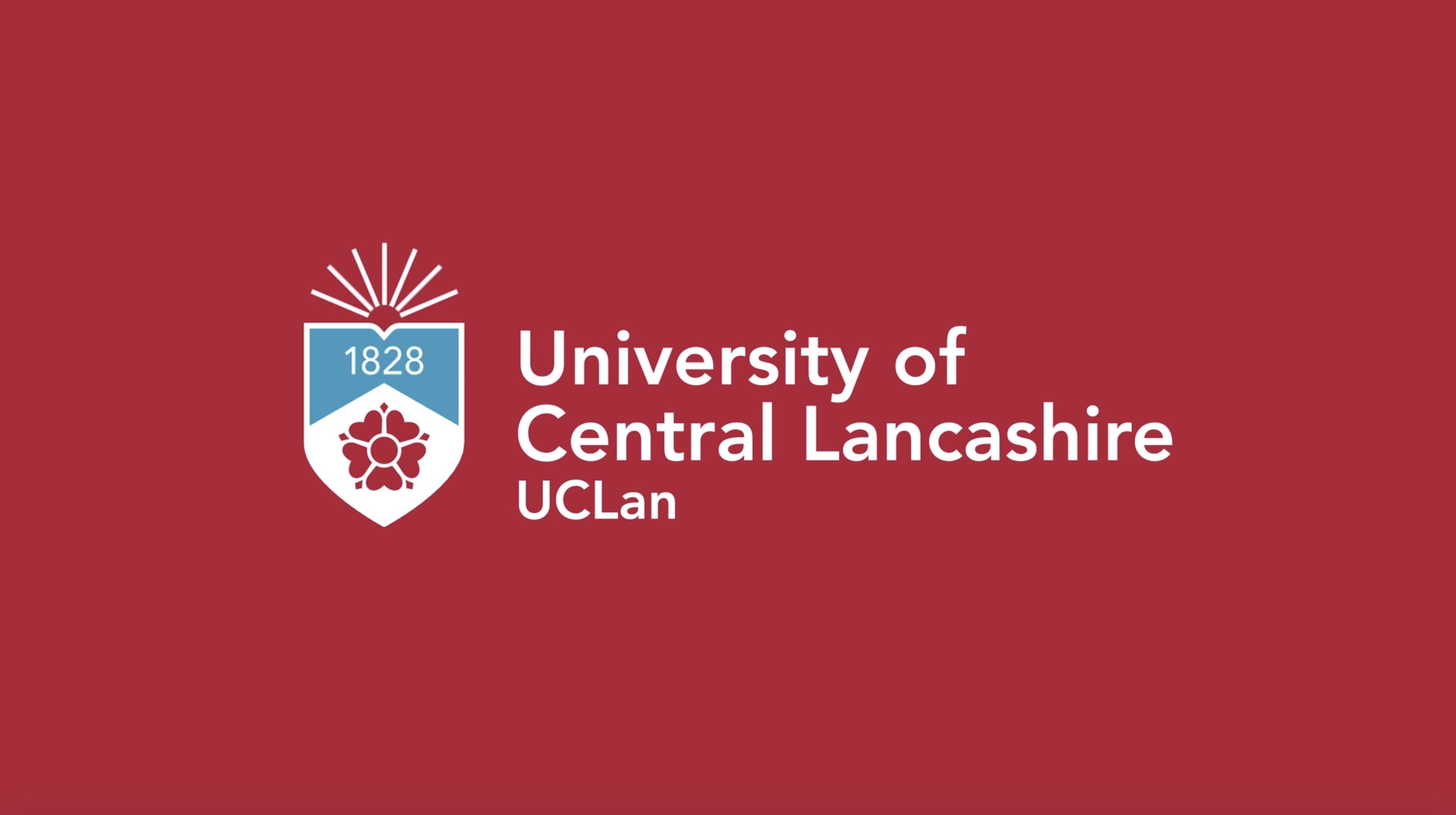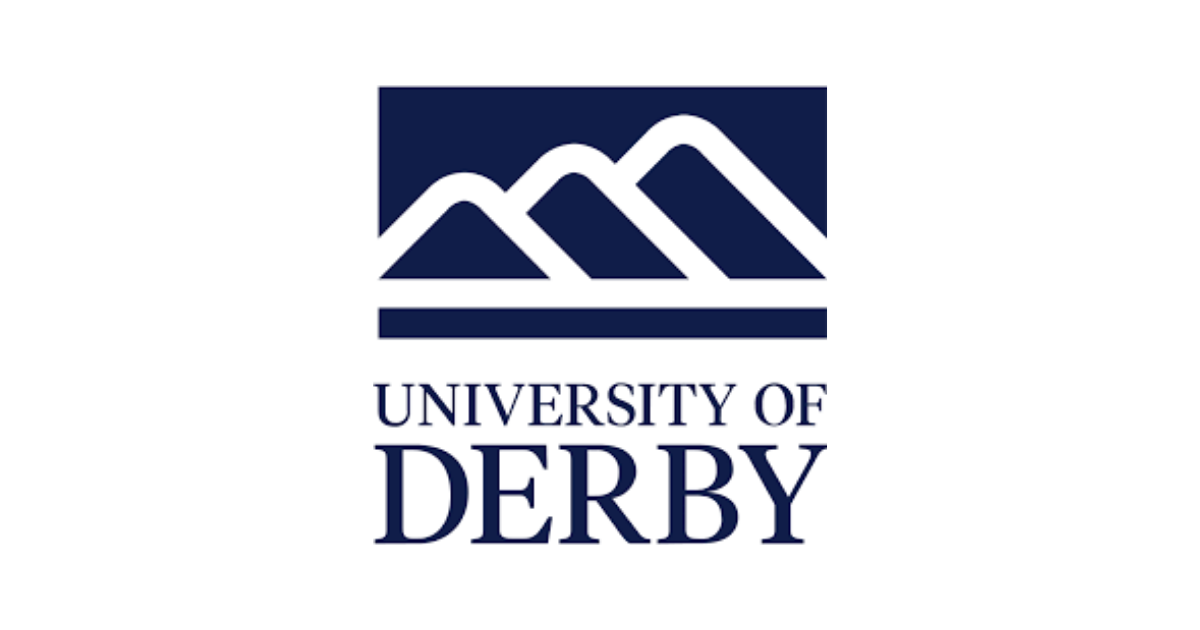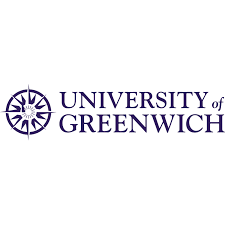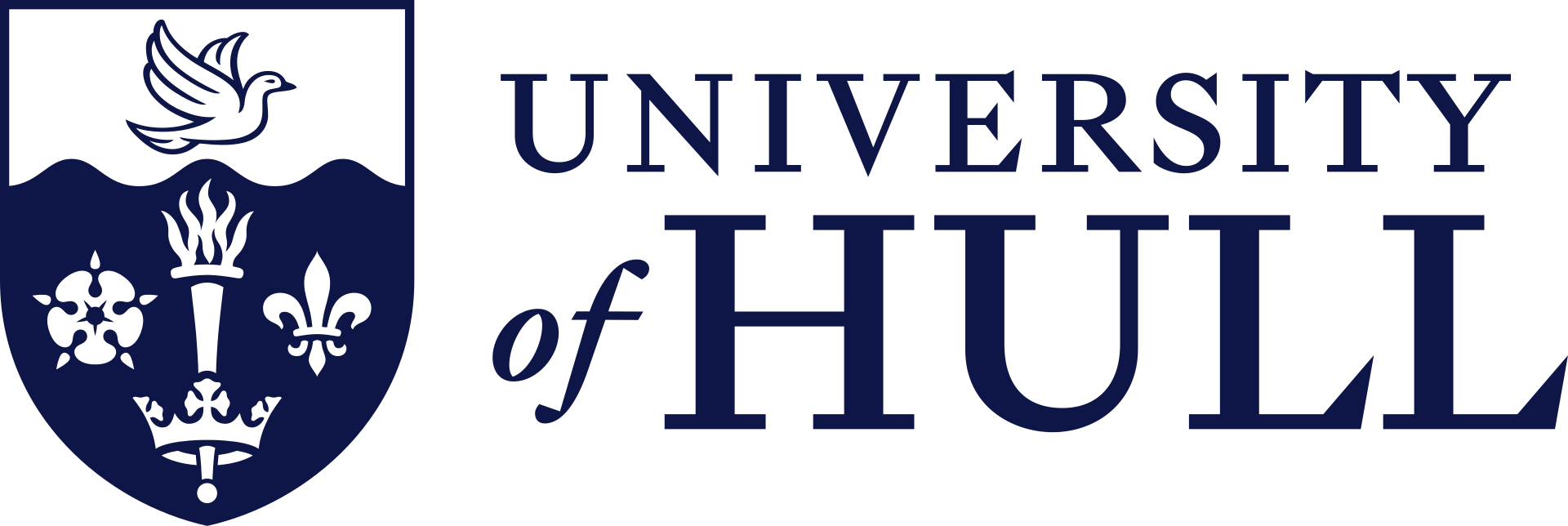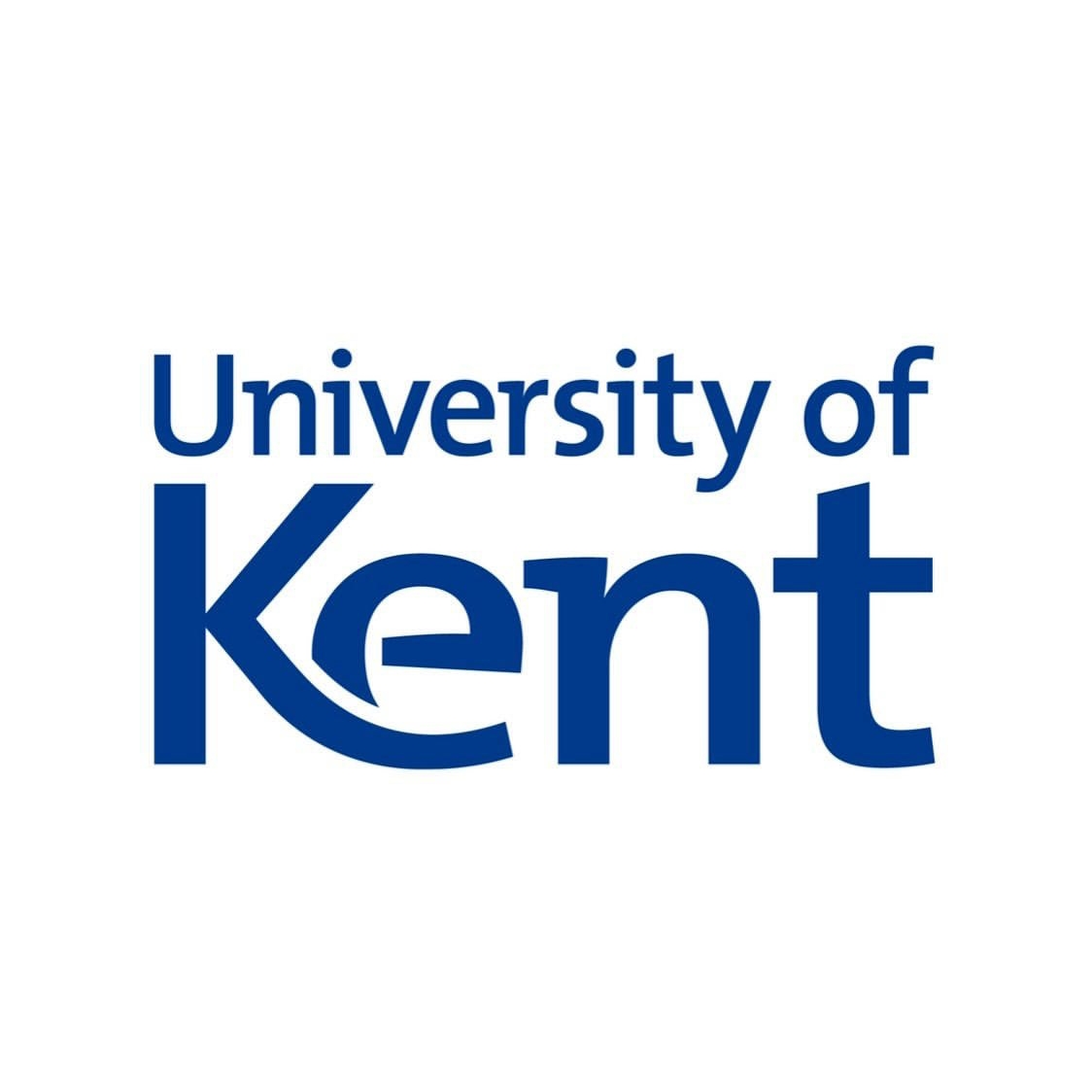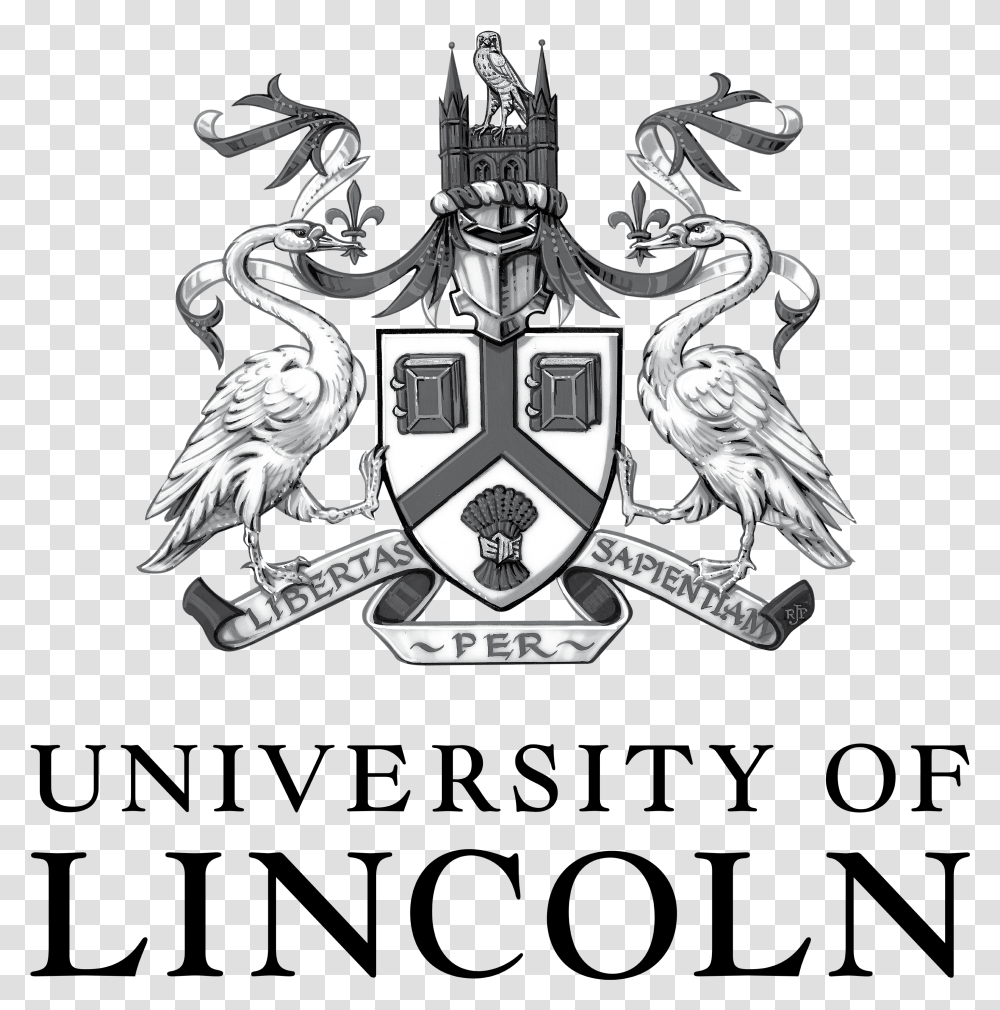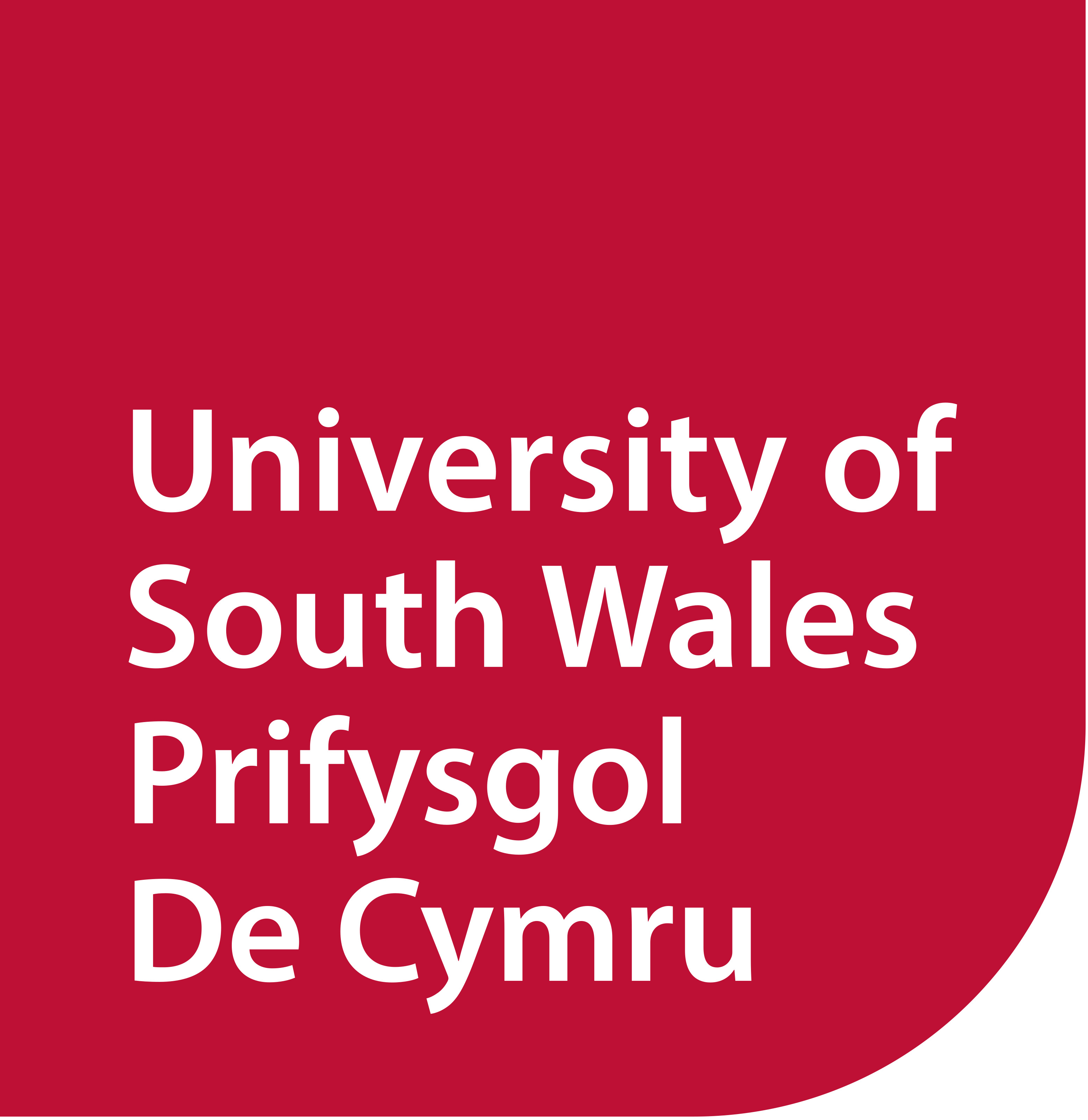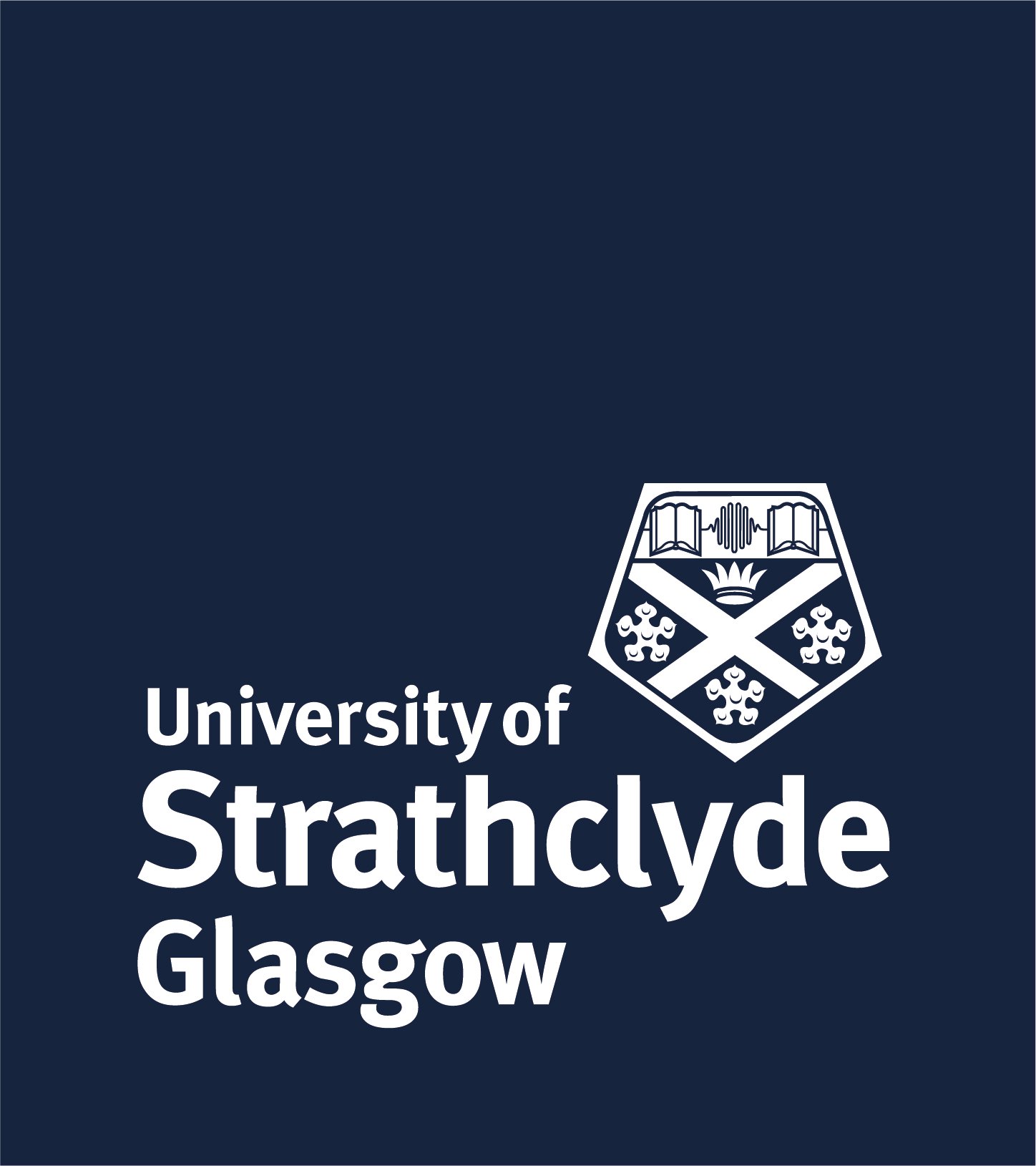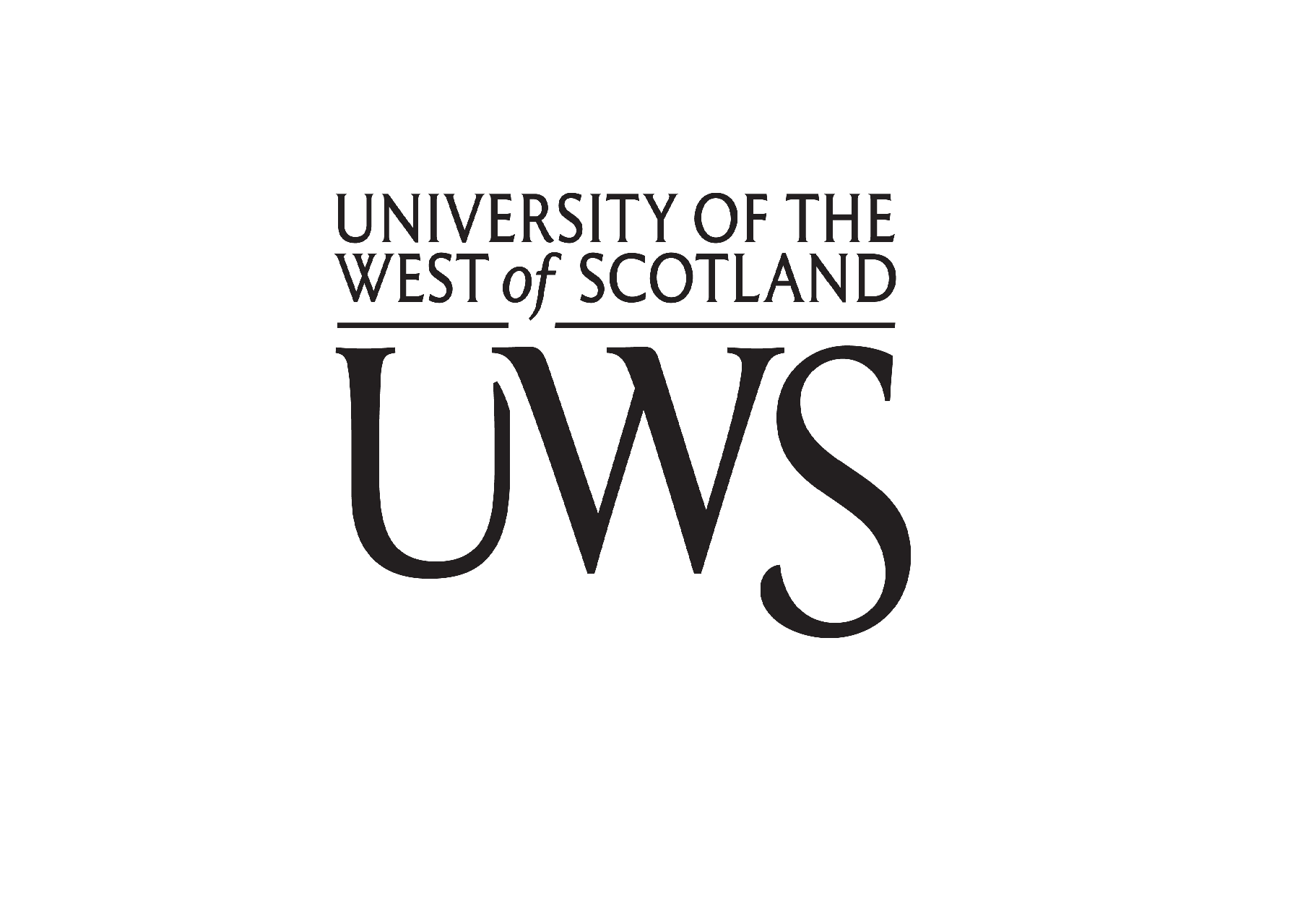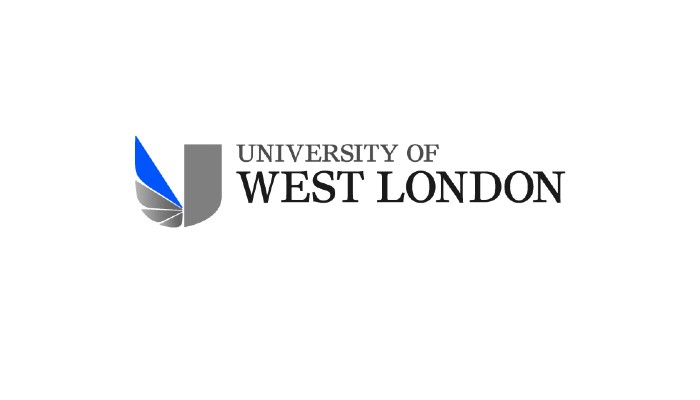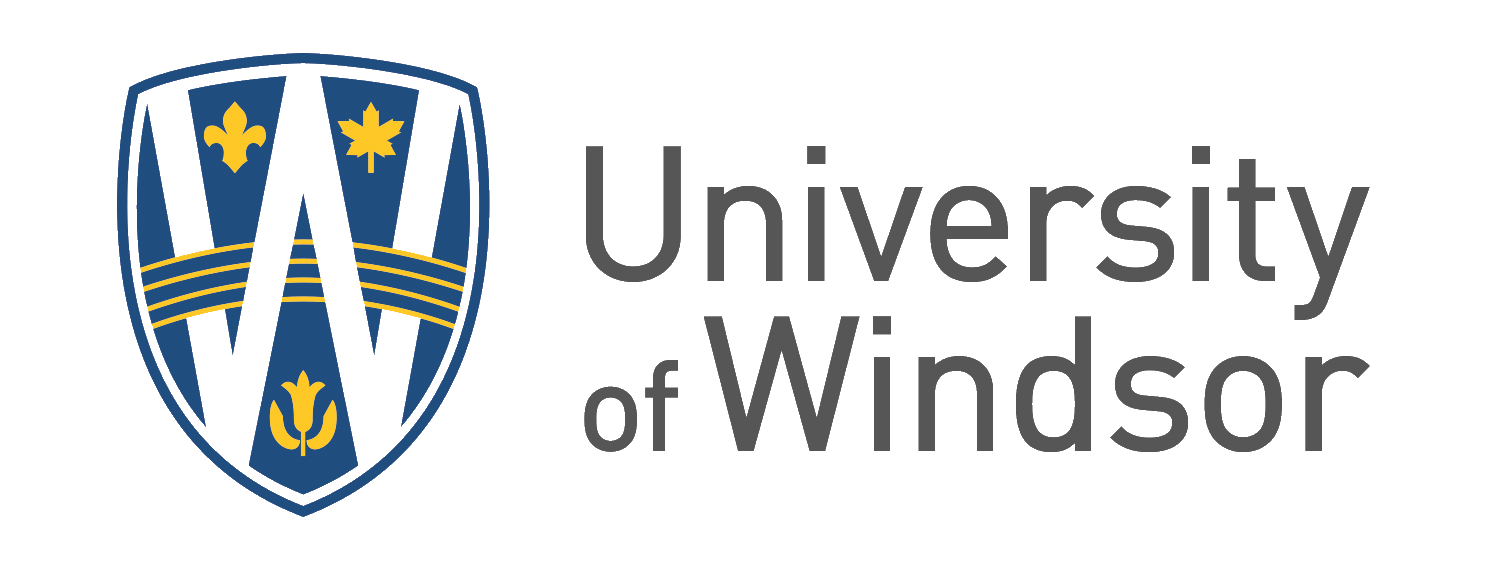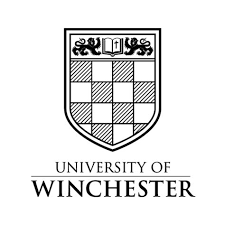Forensic Science: Unravel the Secrets of Crime Investigation
Forensic Science is a fascinating interdisciplinary field that combines principles of biology, chemistry, physics, and law to investigate crimes and provide scientific evidence for legal proceedings. For Indian students aspiring to delve into this dynamic domain, studying Forensic Science abroad opens doors to world-class education, cutting-edge research facilities, and global career opportunities. Whether you're passionate about solving mysteries or contributing to justice systems, this course equips you with the skills to analyze evidence and support law enforcement worldwide.
Why Choose Forensic Science for Your Study Abroad Journey?
In today's world, the demand for forensic experts is skyrocketing due to advancements in technology and increasing crime complexity. Studying abroad in Forensic Science offers Indian students exposure to innovative techniques like DNA profiling, digital forensics, and toxicology that may not be as advanced in many Indian institutions. Top countries like the USA, UK, Australia, and Canada host renowned programs with hands-on training in state-of-the-art labs.
- Global Recognition: Degrees from international universities are highly valued, enhancing your resume for jobs in India or abroad.
- Practical Experience: Programs emphasize lab work, internships with police departments, and real-case simulations.
- Cultural Exposure: Immersing in diverse environments sharpens your analytical and ethical skills.
- Scholarship Opportunities: Many universities offer financial aid tailored for international students from India.
For Indian students, this field aligns perfectly with growing opportunities in India's forensic labs and private sectors, while providing a competitive edge in global markets.
Top Destinations and Universities for Forensic Science
Selecting the right destination is crucial. Here's a quick overview of popular study abroad options:
| Country | Top Universities | Popular Programs | Average Tuition (INR per year) |
|---|---|---|---|
| USA | University of California (Davis), Pennsylvania State University | BSc/MS in Forensic Science | 20-40 lakhs |
| UK | University of Strathclyde, King's College London | MSc Forensic Science, BSc Forensic Biology | 15-25 lakhs |
| Australia | University of Technology Sydney, Griffith University | Bachelor of Forensic Science | 18-30 lakhs |
| Canada | University of Ontario Institute of Technology, Trent University | BSc Forensic Science | 15-28 lakhs |
These universities are accredited by bodies like the American Academy of Forensic Sciences (AAFS) or the Chartered Society of Forensic Sciences (CSFS), ensuring quality education.
Course Structure and Curriculum
Forensic Science programs typically span 3-4 years for bachelor's and 1-2 years for master's degrees. The curriculum is designed to build a strong foundation in sciences while focusing on forensic applications. Expect a mix of theoretical lectures, practical labs, and fieldwork.
Core Modules in a Typical Bachelor's Program
- Introduction to Forensic Science: Basics of crime scene investigation, evidence collection, and chain of custody.
- Biology and Chemistry for Forensics: DNA analysis, serology, toxicology, and chemical fingerprinting.
- Physics and Ballistics: Firearms examination, trace evidence, and accident reconstruction.
- Digital Forensics: Cybercrime investigation, data recovery, and computer forensics tools.
- Law and Ethics: Legal systems, courtroom testimony, and ethical dilemmas in forensics.
- Specialized Electives: Anthropology (skeletal remains), entomology (insect evidence), or pathology.
For master's programs, the focus shifts to advanced research:
- Research Methodology: Designing forensic experiments and statistical analysis.
- Advanced Techniques: Mass spectrometry, PCR for DNA, and forensic imaging.
- Case Studies and Dissertation: Analyzing real-world cases like cold case resolutions or mass disasters.
- Professional Skills: Report writing, expert witness training, and internship placements.
Many programs include mandatory internships with forensic labs or law enforcement agencies, providing invaluable experience. For Indian students, this hands-on approach bridges the gap between classroom learning and practical application in India's evolving justice system.
Eligibility and Admission Requirements
Admission to Forensic Science programs abroad is competitive but accessible for dedicated Indian students. Here's what you need:
- Academic Qualifications: For bachelor's, 10+2 with Science (Physics, Chemistry, Biology/Math) and minimum 60-70% marks. For master's, a relevant bachelor's degree with 55%+ aggregate.
- English Proficiency: IELTS (6.5+ overall) or TOEFL (80+). Some universities accept Duolingo English Test.
- Entrance Exams: GRE for US master's programs; not always required elsewhere.
- Documents: Statement of Purpose (SOP) explaining your interest in forensics, Letters of Recommendation (LORs), transcripts, and passport.
- Work Experience: Preferred for master's; internships in labs or police volunteering help.
Application deadlines vary: Fall intake (September) applications close by January-March. Start early to secure scholarships!
Career Opportunities After Studying Forensic Science
A degree in Forensic Science abroad propels you into high-demand roles. In India, the field is expanding with initiatives like the National Forensic Sciences University (NFSU) in Gujarat. Globally, forensic experts earn competitive salaries.
Popular Job Roles
- Forensic Scientist/Analyst: Lab-based evidence examination; average salary in USA: $60,000-$80,000 (45-60 lakhs INR).
- Crime Scene Investigator: On-site evidence collection; UK starting salary: £25,000-£35,000 (25-35 lakhs INR).
- Digital Forensic Expert: Cyber investigations; Australia: AUD 70,000+ (38 lakhs INR).
- Medical Examiner/Toxicologist: Autopsy and poison analysis; Canada: CAD 80,000+ (45 lakhs INR).
- Forensic Consultant: Advisory roles in private firms or NGOs.
Back in India, opportunities include CBI, state forensic labs, or private agencies like Truth Labs. With international exposure, you can aim for roles in Interpol or multinational corporations. The field offers job security, intellectual stimulation, and the satisfaction of serving justice.
Career Growth and Salary Insights
| Experience Level | Average Salary (Global, in INR lakhs) | India-Specific Roles |
|---|---|---|
| Entry-Level (0-2 years) | 20-35 | Junior Forensic Analyst in State Labs |
| Mid-Level (3-5 years) | 40-60 | Senior Investigator in CBI |
| Senior (5+ years) | 70+ | Director of Forensic Services or Consultant |
Certifications like Certified Forensic Scientist (CFS) can boost your prospects further.
Scholarships and Financial Aid for Indian Students
Studying abroad can be expensive, but scholarships make it feasible. Indian students have access to:
- University-Specific Aid: Merit-based scholarships at UC Davis (up to 50% tuition waiver) or University of Strathclyde (international excellence awards).
- Government Scholarships: India's National Overseas Scholarship for SC/ST students; Fulbright-Nehru for USA.
- External Funding: Chevening Scholarships (UK), Endeavour Awards (Australia), or Vanier Canada Graduate Scholarships.
- Part-Time Work: Allowed up to 20 hours/week in most countries, helping cover living costs (INR 8-15 lakhs/year).
Apply for scholarships simultaneously with admissions. Websites like Studyportals or university portals list options tailored for forensics students.
Visa Process and Tips for Indian Students
Securing a student visa is straightforward with proper preparation:
- Offer Letter: Get unconditional admission from the university.
- Visa Application: Apply for F-1 (USA), Tier 4 (UK), Subclass 500 (Australia), or Study Permit (Canada). Fees: INR 10,000-20,000.
- Required Documents: Proof of funds (INR 10-20 lakhs for first year), medical tests, and police clearance.
- Interview Preparation: Be ready to discuss your study plans and ties to India.
- Post-Study Options: Work visas like OPT (USA, up to 3 years) or PSW (UK, 2 years) allow job hunting.
Processing takes 4-12 weeks. Consult education counselors in India for guidance.
Why Forensic Science Abroad is the Right Choice for You
For Indian students, pursuing Forensic Science abroad isn't just about a degree—it's about gaining expertise to tackle real-world challenges like cybercrimes and bio-terrorism. With India's forensic infrastructure growing (e.g., new labs under the Nirbhaya Fund), your international skills will be in high demand. Join a community of innovators and make a difference in the pursuit of truth and justice.
Ready to apply? Explore our study abroad services for personalized counseling, application support, and visa assistance. Your forensic journey starts here!





